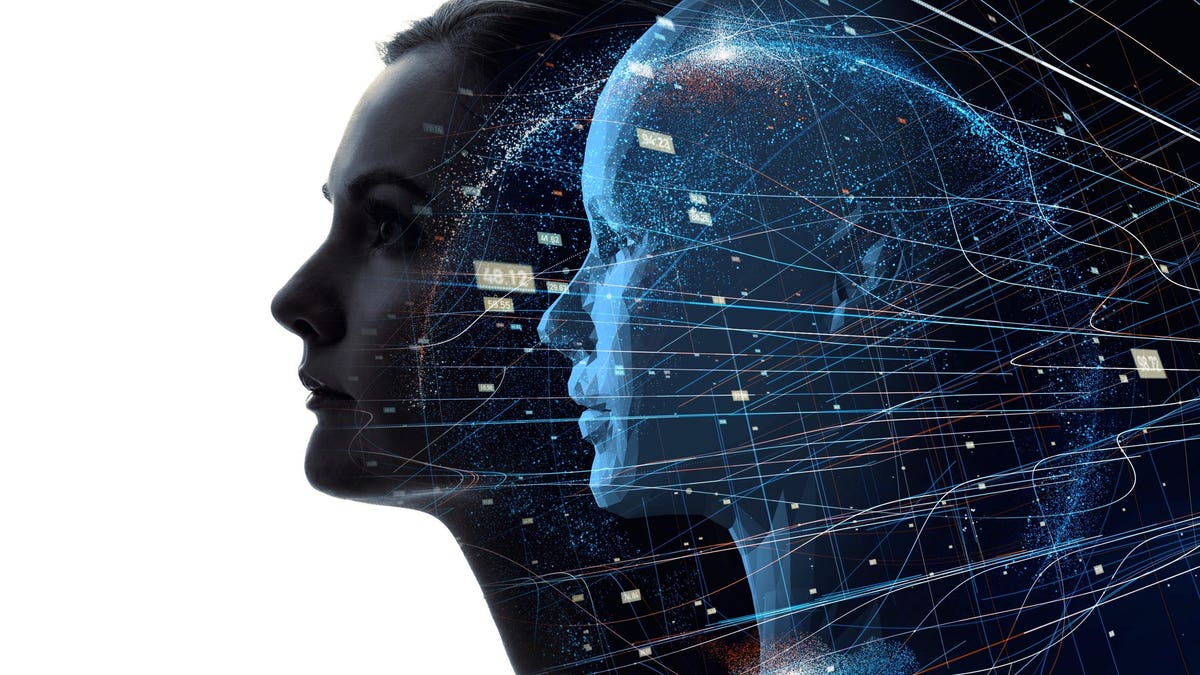Daniel Kahneman’s book, “Thinking, Fast and Slow,” remains a captivating read, though it predates the era of AI/ML. Kahneman’s exploration of system one and system two thinking aptly delineates the intricacies of cognitive processes (albeit with slightly different neural wiring). The convergence of these two cognitive modes plays a pivotal role in the success of various entities, from sports to startups and major corporations. Both, however, entail inherent risks and liabilities. When harmonized, they furnish remarkable capabilities and skills.
One of Kahneman’s most frequently cited ideas posits that the future is not as unpredictable as commonly assumed, grounded in observations from the past. While this perspective bears a hint of cheekiness, it essentially holds true, as one can repeatedly verify in their own spheres of experience.
While I do not hold a Nobel Laureate title, nor have I frequented a Holiday Inn for quite some time, I’d like to challenge this frequently invoked adage. The deluge of AI/ML is presenting daily instances where the future is progressively less predictable, driven by insights gleaned from AI/ML analysis of data from yesterday, today, and perhaps tomorrow. Here are six straightforward examples demonstrating that what you may have observed yesterday will not be an apt predictor of the imminent future.
1. AI-Powered Marketing Content Creation Should Start With AI/ML (Words and Images): Over 35% of marketing resources are now allocated to content creation. Envision the ability to infuse SEO optimization into the content creation process using tools akin to Chat GPT. Picture how this streamlines content creation and facilitates effortless customization for each target audience. Contemplate the boost in productivity, shifting from tasks based 75% on established procedures to 15%, with an accompanying surge in creativity at 85%.
2. Chatbots Handling 95% of Service and Support (NLP): Nearly every company maintains a service and support hotline, yet just above 42% of firms employ chatbots for such purposes. Given the repetitive nature of these inquiries, chatbots should occupy a central role in every company’s service framework. Amazon, for instance, has reduced its support costs by a staggering 94% through chatbot implementation, affording them the latitude to venture into previously unrealized realms, including the provision of high-end technical product support, knowledge transfer across product categories, and much more.
3. AI Co-Pilots: Your Faceless Work Colleague: By 2025, almost every software developer will enjoy access to personalized or general AI assistants for software development—less than 600 days away. Envisage the prospects of automating tasks, expediting learning, and performing at warp speed, secure in the knowledge that a co-pilot can refine your code both concurrently and preemptively.
4. AI-Driven Sales Messaging and Intelligence: LinkedIn serves as an indispensable networking platform, and the ability to instantaneously tailor content to individual preferences is increasingly influential. Leveraging AI/ML for customizing and technical content summaries can prove immensely powerful.
5. AI Work Assistants: Cleanup, Follow-Up, and Aggregation: Consider the numerous meetings each week bereft of post-meeting reports or After-Action Reviews (AAR). The potency of such meetings, whether virtual or in person, hinges on the presence of clarity regarding next steps, agreed-upon insights, and designated responsibilities. Imagine a simple AI assistant transcribing proceedings, discerning patterns, and following up on action items as scheduled. Zoom’s AI companion is just one of these tools. Going forward, there should be no justification for unproductive meetings. The corporate world in the U.S. witnesses approximately eleven million meetings daily, totaling a billion per year. A mere 15% improvement in these meetings could significantly enhance outcomes. Picture the ability to review your role, contributions, and areas you may have missed—it’s akin to reviewing NFL game footage in terms of its impact.
6. AI/ML as a Personal Tutor: Dream Box: Learning mathematics proved to be a formidable challenge for me. Despite the sincere efforts of every teacher, their instructional techniques, uniform in approach, did not yield results after multiple attempts. Eventually, a private tutor asked me about my preferred learning style, and success was immediate. The fundamental strength of AI lies in its ability to personalize the acquisition, comprehension, and application of new skills. Beyond mathematics, this capability can extend to acquiring new software proficiencies or resolving complex technical challenges. This capacity underpins ventures like Dream Box. Just imagine the potential of saying to colleagues, “Let’s rapidly acquire this new skill for success.”
Jack Welch, the former CEO of GE, once declared, “If the rate of change on the outside exceeds the rate of change on the inside, the end is near.” AI/ML stands as a testimony to this axiom. There are minimal barriers to embracing a transformative AI/ML paradigm, given the countless opportunities to harness it as a differentiating asset. In the past, much was said about data being the new oil in the digital economy. Just as those who initially discovered and extracted oil in Pennsylvania in 1859 could not foresee the profound impact of the combustion engine, we may not fully grasp the potential of data until it is harnessed by AI/ML. AI/ML represents the combustion engine equivalent for data. Every organization possesses a reservoir of the right data internally, supplemented by external data, enabling the development of AI/ML engines. Consider, for instance, chatbots for service and support—these dynamic systems continually learn from ongoing outcomes and data, akin to system one and system two thinking. The insights AI/ML systems reveal and the challenges they solve are virtually boundless and will evolve continuously from yesterday through today and into tomorrow.
AI/ML empowers you to adapt as swiftly as, or even more swiftly than, the world surrounding you. Embracing AI/ML now renders tomorrow highly unpredictable, as the opportunities it offers are limitless and unbound by the confines of yesterday’s experiences. The choice to adopt AI/ML is one that should already be underway.”
Read the full article here





